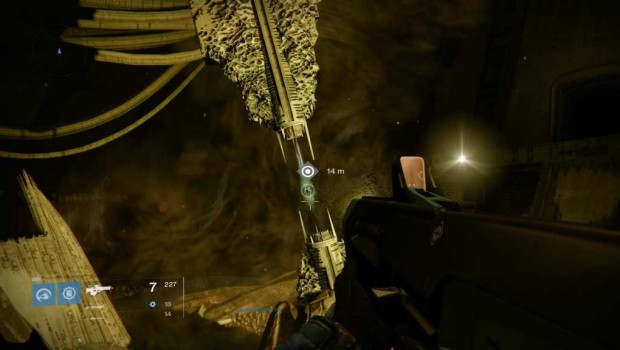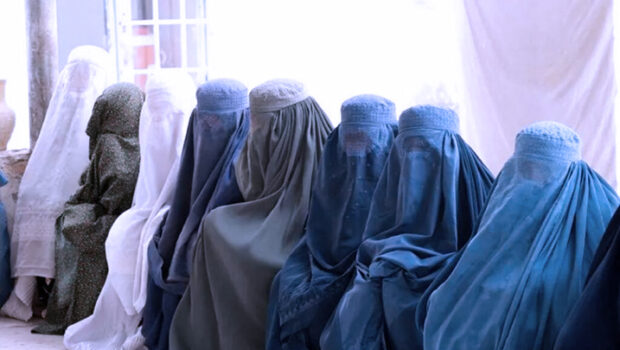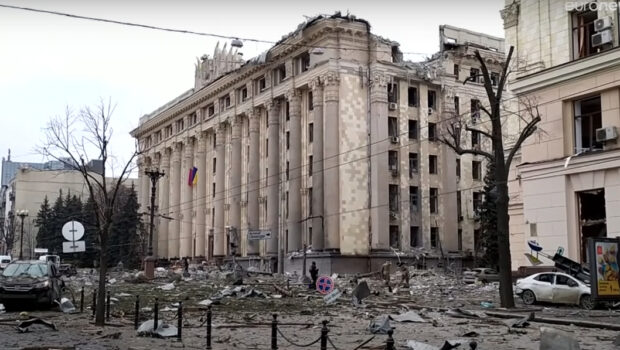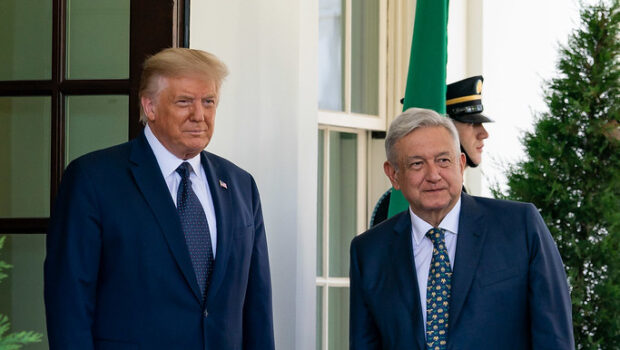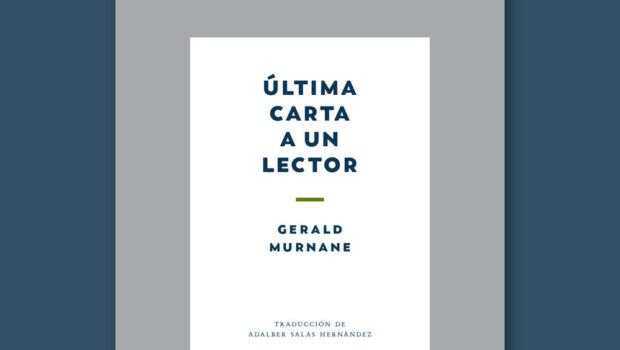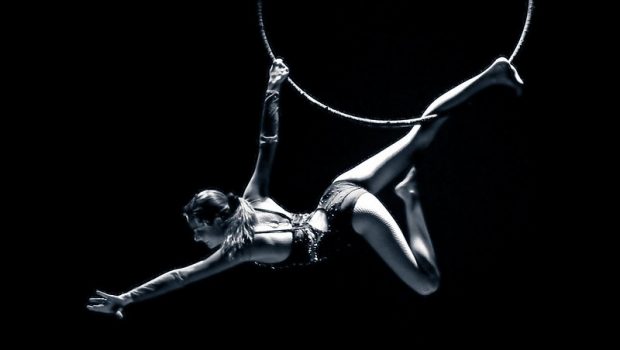THE RELIC
Bernardo Esquinca
Translated by Tanya Huntington
There had always been sibling rivalry between Jacco and me. He was ten years older, which meant that from the time we were children, he was better at everything. It didn’t help that he was also our father’s favorite. Whatever Jacco did was applauded and rewarded, goading me into morbid competitiveness. After Dad died, most of the family inheritance went to him, including the house we grew up in. I left home at the age of twenty-five. In the three decades that have passed since then, we have only spoken twice.
That includes yesterday’s conversation.
Despite all our differences, we shared a passion for collecting rare objects. For a time, we would even compete over the same ones, disputes that were morbidly registered at all the auctions. Thanks to his hefty bank account, he beat me most of the time. But I did manage to come out on top now and again. Loans, mortgages, and even winnings from gambling helped me keep up the good fight. Now, I believe he actually let me beat him once in a while just to keep things interesting, just to heighten the tension of our absurd little game.
But everything gets boring in the end.
Out of the blue, Jacco retired. He stopped participating in auctions and vanished from the collectors’ circuit. I did the same, hounded by creditors. I was forced to sell prized objects from my collection to pay off my debts and was left empty-handed. My brother had defeated me once more, dragging me into rags and ruin while his own patrimony remained intact.
I tried to forget my passion for collectionism by living a simple life and leaving behind the grudges of the past. I met a good woman, I started a family. I threw myself into office work, the routine of married life, the demands of my children. It worked for a while. I stopped thinking about my brother, about all the things he had taken from me that I would never be able to recover. You might say that I was a happy man out from under his shadow.
Then the rumors started.
Through friends and relatives, I learned that Jacco had never stopped collecting. His pseudoretirement formed part of a more ambitious plan. Now he traveled around the world, researching and networking. His friendships and interests had changed. He frequented historians, academics, and monks; he read books in foreign tongues and studied ancient manuscripts. He was also seen in the company of unsavory characters: criminals, smugglers, and necromancers.
He was the talk of the town, but no one knew exactly what he was collecting.
I became obsessed with finding out. I returned to my former circle of collectors. I paid a private detective and even spied on him myself. But all of my searches led to the same dead end. As I was able to verify by bribing one of his maids, my brother had relegated his valuable collection to the basement of his home, where priceless objects were piled up haphazardly beneath a thick layer of dust.
He had to be up to something big.
The fact that I was unable to discover my brother’s new hobby began to seriously affect my life. Both my performance at work and my income diminished considerably. I became a taciturn ghost who haunted his wife and children, a stranger from whom they distanced themselves with equal measures of fear and resignation. I harbored a sole conviction: if I succeeded in unraveling the mystery, everything would go back to the way it was.
I never managed to dig up anything. Until yesterday, when my brother took the unexpected step of inviting me into his home.
After the divorce, I had succeeded in reinventing myself. I went back to embracing my authentic vocation, but from a different perspective: I became a historian of collectionism. I no longer gathered objects; I wrote about them and the people they drew to them; the origins and motives behind the most singular collections. I published books, I gave conferences. I became an authority on the subject.
Jacco had to be the one who would show me just how wrong I was.
He received me in his study. He was wearing a silk robe and looked rather gaunt, wasted. He, who had always boasted an athletic figure and bronzed complexion was now skin and bones, pallid, his hair gone gray. While we talked, seated on leather sofas, I observed everything around us, searching for the long-awaited revelation. I never suspeccted it was sitting right there in front of me.
“Let’s cut the crap,” he said. His voice, unlike the rest of his body, conserved the same old arrogance. “I called you because I am dying. I have a terminal disease.”
Although I could have guessed the news from my brother’s appearance, the corroboration jolted me.
“Before that happens,” he continued, “I need to ask you a favor.”
Once again, I trembled. My brother, asking me for a favor? Had our roles truly been switched? Was life giving me my revenge, at long last?
“I want to show you my most prized object. The one I have dedicated the final years of my life to pursuing.” Here, he paused to clear his throat, then continued: “A lot of people died so I could have this. That ought to give you an idea of how important it is.”
I was about to say something, but Jacco stopped me with a single gesture of his bony hand.
“You think you know everything about collectionism, but you ignore the maximum degree one can aspire to. Those who have heard only rumors call it the Black Market. We refer to ourselves as the Vultures. What we seek and collect cannot be bought with money. We need to know without having to ask. We kill, steal, and traffic until we get what we desire. It can take years, which is why we prefer to consecrate ourselves to a single goal…
“What are you talking about?” I murmured.
Jacco struggled to his feet and stood before the glass doors that opened out onto the gardens. His silhouette against the intense evening light was that of a wizened old man. On the wall beside him hung a mirror with a baroque frame. I watched myself in it as he continued his monologue.
“People think we are some sort of urban legend. And it’s better to keep it that way. We could not do our thing if the authorities took us seriously, if they started an investigation…
“What is it you collect?” I intervened. “What do you mean when you say there is no money involved?”
Jacco sighed. Talking, having to explain himself to his little brother, seemed to have tired him out.
“Open the box,” he ordered.
At the center of the table before me rested a rectangular box of wood, with no ornamentation or lock. My gaze had lingered on the vases, sculptures and paintings that crowded the studio or even the spines of the books on their shelves. But not on a box that seemed so irrelevant.
I stretched out my hands and opened the lid. Inside was a clumsy object, blackened with time. It was a large animal bone and it had teeth. A jawbone.
“Tell me,” Jacco continued, “does a nail from Noah’s Ark have a pricetag? The tunic of Herod? A splinter from the cross of Christ?”
“You collect relics,” I said, stunned by this revelation.
“You’re wrong,” my brother interrupted. “The object itself is not of interest, it’s the symbolic power it conjures up. You may guess what it is you have before you, but you do not know what it represents: it is the weapon with which humankind’s first crime was committed.”
We both fell into a pensive silence for a few moments.
“Just how can you be sure this relic is authentic?” I asked. “Assuming that what the Bible says is anything more than legend…”
My brother opened the garden doors and took in a deep breath of fresh air.
“That is the favor I wish to ask of you,” he said. “There is only one way to find out: hold it in your hands.”
He swallowed hard, as if it pained him to do so.
“All my life boils down to this moment,” he added, his voice subsiding.
I knew it was a challenge. The last one my brother would throw at me before dying. I held my breath and picked up the fragment of bone.
The discharge was immediate, as if an electric current were running through my veins. Then came the impulse, a desire as violent as it was primitive, one that blinded me. Without a second thought, I leaped to my feet and threw myself at my brother, his back still turned to me.
Just before cracking his skull open with the relic I held in my hand, I caught a glimpse of his triumphant smile, reflected in the mirror.
—
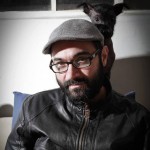 Bernardo Esquinca is the author of the Trilogy of Terror, composed of the short story collections Los niños de paja, Demonia, and Mar Negro.
Bernardo Esquinca is the author of the Trilogy of Terror, composed of the short story collections Los niños de paja, Demonia, and Mar Negro.
Posted: December 16, 2015 at 11:48 pm


